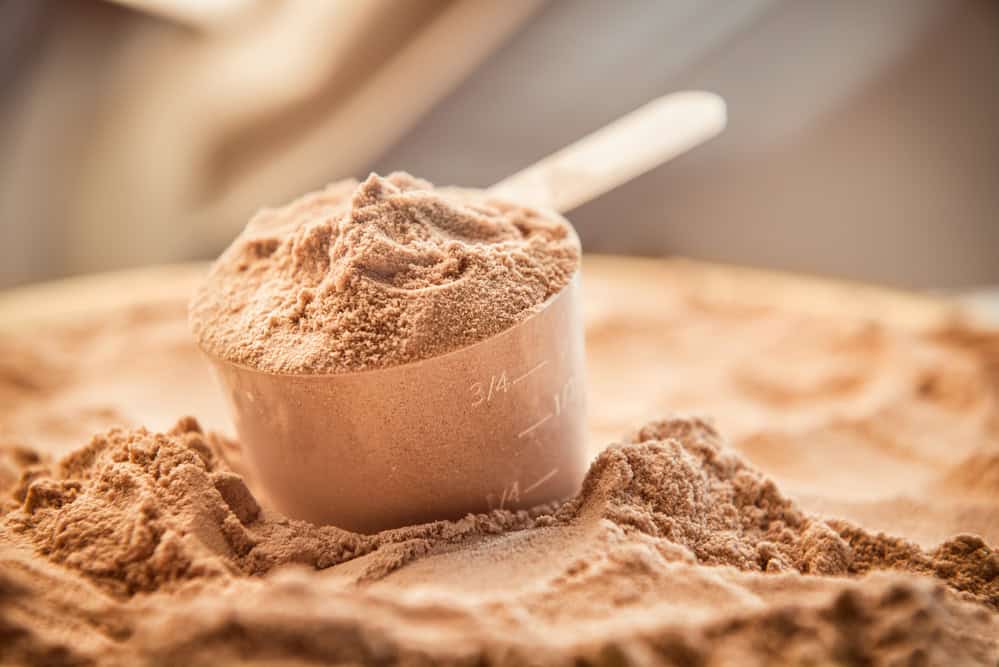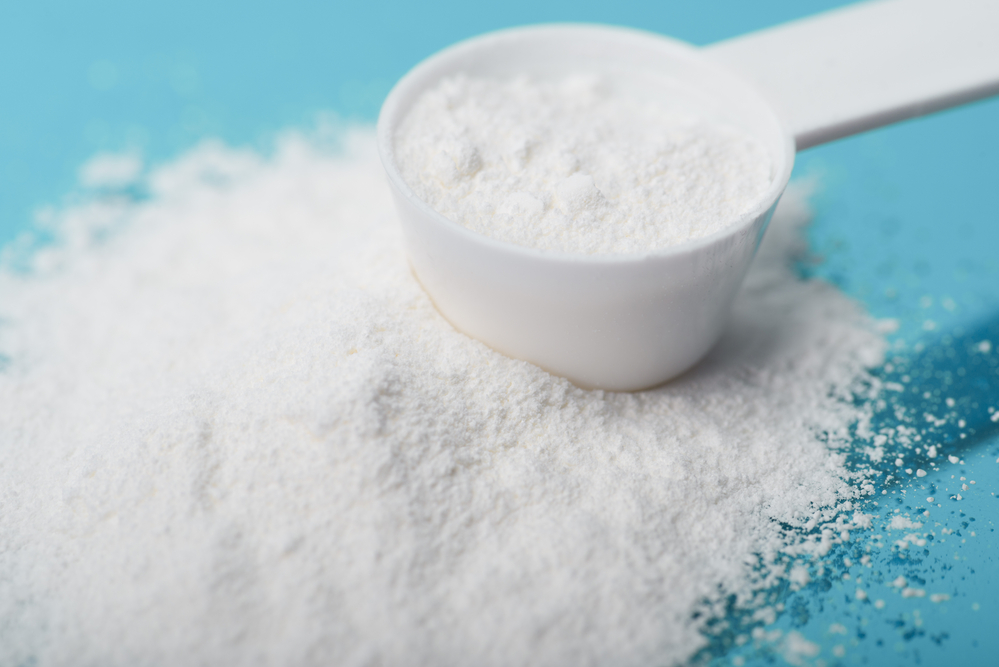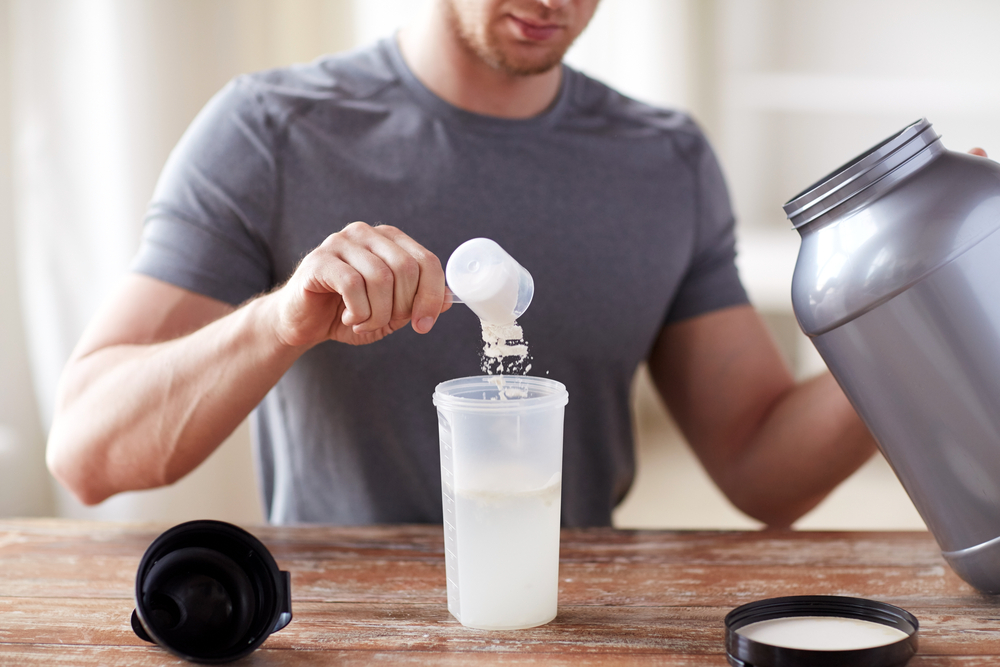As with every other aspect of diet and training, there’s a lot of conflicting information out there about how you should be eating on rest days.
There is a common belief that you should be consuming less on these days. However, this is a fundamental misunderstanding of what a rest day is and what its purpose is. This article will touch on what a rest day is and how you should, or should not, adjust your nutrition on those days.
What is a rest day?
In the simplest terms, a rest day is a day when you’re not training. These days allow your body to recover from the work you’ve done in the gym. Progress doesn’t happen while you’re training. It happens while you recover. Think of the exercise you do as the stimulus and your rest days as the times when your muscles adapt and grow.
As rest days are days where you’re not training in the gym, there is a common belief that you should be consuming less on these days. However, this is a fundamental misunderstanding of what a rest day is and what its purpose is.

A more appropriate name for rest days would be recovery days or growth days. If your only goal is fat loss, there may be some value in reducing the number of calories you consume but for those of us looking to improve performance and build muscle, alongside any fat loss goals (which would cover the vast majority of gym goers), your off days should be focussed on maximising your growth, through adequate recovery.
Do you need protein on rest days?
Protein is key to building muscle because the amino acids it is comprised of help repair and maintain muscle tissue. When you perform resistance training, you create micro-tears in your muscle fibres. Protein helps repair and strengthen these microtears, building more muscle in the process.
As discussed above, your rest days are actually recovery days, so the function of protein becomes even more important. Consuming enough protein on your rest days is just as, or perhaps even more, important as consuming it on your training days.
Generally speaking, your total protein goals for the day should not change whether its a training day or a recovery day. These will differ from person to person. As a general rule of thumb, for most people, 0.8-1.2g of protein per kg of bodyweight per day day will be adequate.
Strength athletes or those involved in high-volume, high-intensity training will require more protein at 1.2-2g per kg of bodyweight per day, and endurance athletes will require 1.2-1.8g per kg of bodyweight.

In terms of hitting your protein goals, your best options are whole food sources, as these will have other nutritional benefits beyond their protein content. However, protein powders can be used to supplement your intake. If you’re taking a protein powder on your training days, there’s no reason not to on off days.
Can I take creatine on rest days?
Creatine is one of the most well-researched and safest supplements out there. It’s a substance that is found in muscle cells and helps your body produce energy during exercise.
When you supplement, you increase your stores of phosphocreatine. The stored energy in the cells is phosphocreatine. By supplementing, you increase your stores of phosphocreatine which helps your body produce a molecule called adenosine triphosphate (aka ATP).
ATP is the currency used by the body to create energy. All muscular contractions require ATP. The more ATP we have, the more muscular contractions that can happen, the more force or power (force multiplied by velocity) we produce.
With an average diet, creatine stores are typically only 60-80% full. Creatine supplementation is shown to fill that gap. If we have an abundance of creatine with comparatively low creatine phosphate, your body will balance it out by creating more resting creatine phosphate. Furthermore, if more creatine is available in the body, the body can potentially create more creatine phosphate faster.

Because the purpose of creatine supplementation is to top up your creatine stores, there is no reason not to take it opn your rest days. Continuing your normal supplementation means that your stores will be topped up and ready to go when you next hit the gym.
Can I take BCAA on rest days?
BCAA stands for branched-chain amino acid. Amino acids are the building blocks of protein and are required to help the body rebuild and grow new muscle. There are 20 amino acids that make up the various proteins found in the human body. Of these 20, 11 are considered “non-essential” or “conditionally essential,” meaning the body can manufacture them on its own.
The other nine amino acids are considered essential, meaning the body does not produce them on its own and thus you need to get them through your diet. BCAAs make up three of those nine essential amino acids within the body — leucine, isoleucine, and valine. They are called “branched” chain because of their unique branched molecular structure.
BCAA supplements are most commonly used to improve exercise performance, reduce muscle soreness and preven the breakdown of muscle tissue.

While BCAA supplements have been shown to improve performance in specific conditions, such as in extreme heat or in a competitive race, for general gym goers any improve in performance is going to be negligible.
Generally speaking, BCAA supplements won’t have any real added benefit if you’re already consuming enough protein. They may have some application for those looking to maintain muscle mass while in a calorie deficit (again only if you’re not consuming enough protein).
Some people also find BCAAs help reduce muscle soreness. If you fall into one of these camps, and are already taking a BCAA supplement, then by all means continue taking it on your rest days. However, you may be better off topping up your protein intake instead.
How to eat on rest days when bulking
Bulking is all about growth, so your rest days should be completely focussed on creating the ideal conditions for recovery and, subsequently, growth. To do this, your calories and macros should not be any lower than on training days. If anything, your calories should be higher.
Lowering your calories, particularly by cutting carbs will mean your muscles aren’t fully replenished with glycogen. In this state, you won’t be able to take advantage of the anabolic properties of insulin. Insulin counteracts catabolism (protein breakdown or muscle wasting) and boosts anabolism aka protein synthesis and muscle growth. It also activates mTor which triggers muscle growth and increases glucose storage inside the muscles. Muscles being full of glycogen is itself anabolic.
In terms of macros, they should either stay the same or there should be a slight increase in carbs and also of protein, in order to take advantage of the more anabolic state.
Would you like to hear more about training, rest, and nutrition support at Fitness Lab? Why not get in touch and talk to our team about a free consultation?

